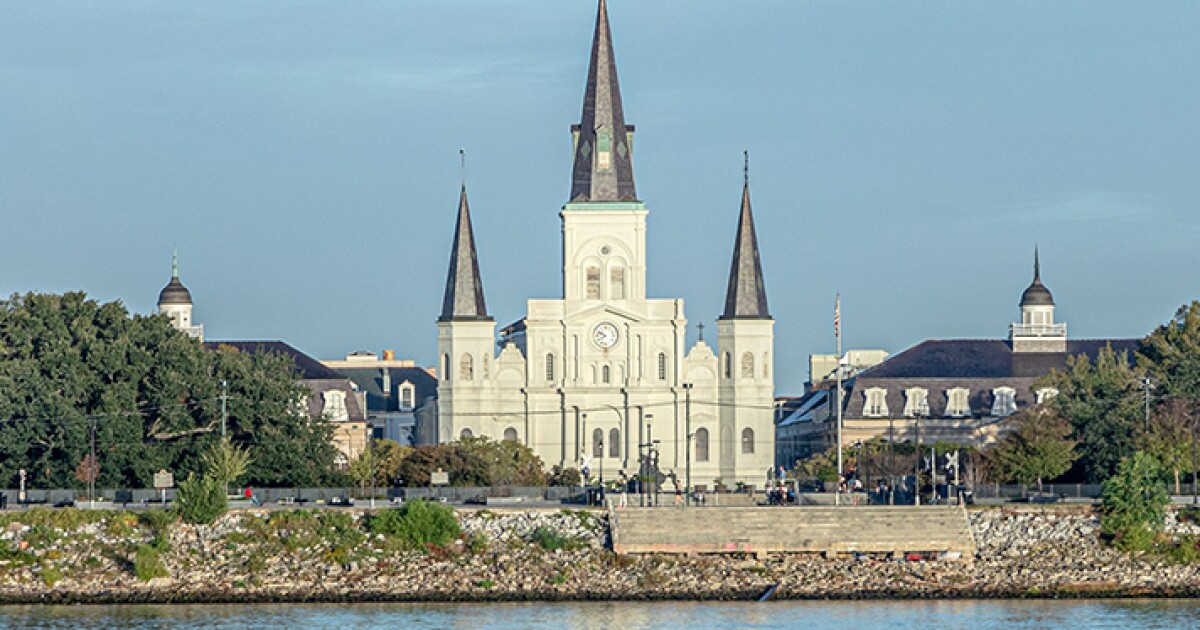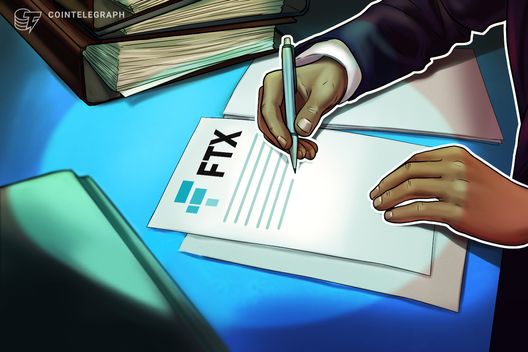Troubled Virginia hotel project in default
2 min read

Aparium Hotel Group
The rocky restoration of a hotel in downtown Alexandria, Virgina is battling financial headwinds in the form of a default on senior level bond payments.
“For the first time in five weeks, a municipal borrower has disclosed their first payment default on bondholders,” said a
The bonds were issued by the Alexandria Industrial Development Authority and the Tourism Development Financing Program to finance the renovation of the building that now functions as the Heron Hotel.
According to the disclosure on the Municipal Securities Rulemaking Board’s Electronic Municipal Market Access website, the default follows a pattern of financial troubles with the building.
“The Heron Hotel was originally scheduled to open in November of 2023 but, due to construction delays, the delivery of the hotel was delayed 7 months,” per EMMA.
“Due to the construction delays, receipt of project revenues and payments on the project’s bonds have also been delayed and unscheduled draws on the bonds’ debt service reserve fund have been made to pay bonds.”
EMMA disclosures chart a series of
Per the disclosures, “Existing funds were insufficient to pay principal and interest on the Series 2022B-2 bonds and there is no Debt Service Reserve Fund for the Series 2022B-2 bonds. As a result, none of the September 1, 2025, debt service payment of $54,800.00 for the Series 2022B-2 bonds was made.”
MMA notes that the bonds are unique from one another because the seniors are payable from a portion of the state and local sales taxes collected at the hotel, while subordinates are backed by a statutory access fee collected by the developer.”
The hotel officially opened and started accepting guests in June 2024 after an extensive renovation of what was the George Mason Hotel which opened in 1926. Interior renovations began in 2019 but stalled during the pandemic.
According to the Alexandria Economic Development Partnership, the project is a partnership that includes the Aparium Hotel Group, May Reigler Properties, and Potomac Investment Properties.
Gap financing to fuel the renovation was achieved with help from the state’s Tourism Development Financing Program which allowed the developer to raise $6 million.
According to AEDP, “The bond debt is owned by the developer — not the city or local property taxpayers — and it will be repaid by the developer and through future sales tax revenue generated by those who stay, dine, and use the hotel.”
Representatives of the AIDA could not be reached for comment.







